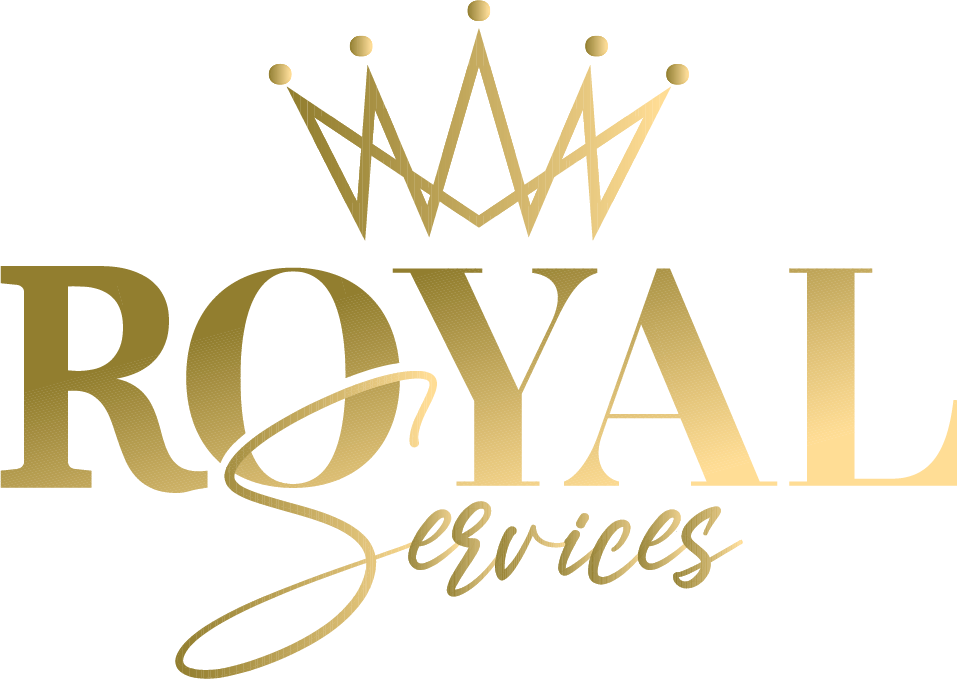What Every First-Time Homebuyer Needs to Know About Credit, Loans, and Closing Costs
Navigating the journey of buying your first home can be exhilarating yet overwhelming. As a first-time homebuyer, understanding the vital elements of credit, loans, and closing costs is essential to ensure a smooth experience. This comprehensive guide will shed light on these critical areas and arm you with the knowledge needed to make informed decisions. Let's dive in!

Understanding the Home Loan Process
Get Familiar with Home Loans
Before you step into the world of homeownership, it's crucial to understand the different types of home loans available. Broadly, there are two categories:
- Conventional Loans: Not insured by the government, they typically require higher credit scores and down payments but often come with favorable interest rates.
- Government-Backed Loans: These include FHA, VA, and USDA loans. They offer lower down payment requirements and are designed to support first-time homebuyers.
Preparing Your Credit Score for Home Buying
Your credit score plays a significant role in the home loan approval process. Generally, lenders look for a credit score of 620 or higher, though there are options for lower scores with specific loans. Here's how you can prepare your credit score:
1. Check Your Credit Report: Obtain your credit report from all three major bureaus: Experian, TransUnion, and Equifax. Look for errors and dispute any discrepancies.
2. Pay Off Debt: Aim to reduce your overall debt-to-income ratio. Focus on paying down credit cards and other loans.
3. Avoid New Credit: Refrain from opening new credit accounts before and during your home-buying process, as this can negatively impact your score.
4. Make Timely Payments: Ensure all your bills are paid on time. Payment history is a critical component of your credit score.
Home Loan Pre-Approval
The next step after preparing your credit is to seek a home loan pre-approval. Pre-approval is a critical step that involves:
- Lenders assessing your financial situation to determine how much you can borrow and what type of loan suits you best.
- Providing you a better understanding of your budget, which sets realistic expectations.
Remember, a pre-approval letter demonstrates to sellers that you are a serious buyer, enhancing your position in negotiations.
Navigating the Closing Costs
When budgeting for your home, many first-time homebuyers overlook closing costs, which can range from 2% to 5% of the loan amount. Here's what you need to know about closing cost tips:
Breakdown of Closing Costs
Closing costs can be divided into various components:
1. Loan Origination Fees: Charged by the lender for processing the loan.
2. Title Insurance: Protects against any title disputes.
3. Appraisal Fees: Covers the cost of assessing the property's value.
4. Home Inspection Fees: A necessary inspection to identify any potential issues in the house.
5. Escrow Fees: Paid to the escrow company that facilitates the transaction and manages funds.
6. Government Fees: Such as recording fees and transfer taxes, which vary by state.
Tips to Lower Closing Costs
- Shop Around: Estimate different closing costs from various lenders and negotiate fees.
- Ask for Seller Concessions: Sometimes, sellers are willing to cover a portion of the closing costs.
- Explore Loan Options: Some loans, particularly those aimed at first-time buyers, might allow you to add closing costs to the mortgage.
Preparing for Your New Home
After securing your home loan and handling the closing costs, preparation for homeownership doesn't stop there. Here are several tips to ensure a smooth transition:
Home Insurance
Having adequate home insurance protects you from potential damages or liabilities. Research several policies to find comprehensive coverage at an affordable rate.
Moving Budget
Make sure you create a moving budget that includes:
- Moving company costs or rental truck fees
- Packing supplies (boxes, tape, etc.)
- Utility setup fees
Settling into Your New Home
Once you move in, take some time to settle down. Address any repairs, meet your neighbors, and become familiar with your new community. Consider spending time engaging with local groups or facilities to build a network.
Take Action!
Purchasing your first home is a significant milestone, and being prepared is paramount. Take these action steps now to set yourself up for success:
- Check Your Credit Score: Understand where you stand and rectify any discrepancies.
- Get Pre-Approved: Approach lenders for pre-approval and understand your financial capacity.
- Research Loan Options: Familiarize yourself with loan types, rates, and other factors to choose the best option for your financial situation.
Don't hesitate to reach out with questions or concerns as you embark on this journey—we're here to help you every step of the way!
Final Thoughts
By understanding the home loan process, preparing your credit, and navigating closing costs, you will position yourself as a knowledgeable first-time homebuyer ready to make informed decisions. Remember, the key to a successful home purchase lies in preparation and trust in the process.
If you found this guide helpful, don't forget to share it with fellow first-time homebuyers or leave your thoughts in the comments below. We'd love to hear from you and support your journey towards homeownership!
💡 Found this helpful? Share with someone who’s planning to buy a home. Follow us on Facebook and Instagram for more expert credit tips.
